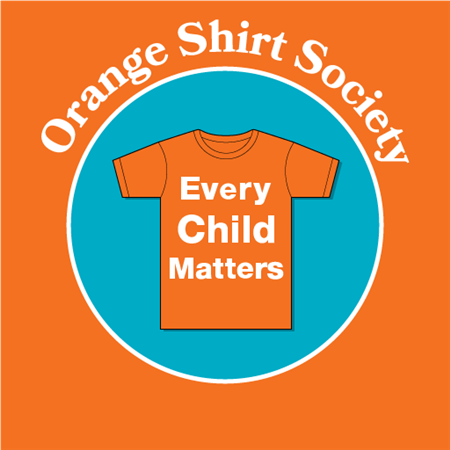
Birgit Wartenberg, Chair of the Indigenous Peoples Partnerships Committee was very pleased to introduce today's guest speaker, John Andras. John is the Senior Vice President, Director and Portfolio Manager with Research Capital. Together with his brother Ken, nephew Will, Ken’s son-in-law Pat Thompson and assistant Sarah McDonald they manage approximately $450 million in assets.
Here are some of his numerous positions outside of his business life:
- Founder of Project Warmth (1993-2003)
- President, The Rotary Club of Toronto (2003-2004)
- Director then Chair, SKETCH 2003-2010
- Director, HIP (2014-present)
John is the recipient of the Queen’s Diamond Jubilee Medal, Volunteer Medal and Paul Harris/William Peace Award (Rotary Club of Toronto). John is married to his married to Julie Andras who is the incoming President of the Campbellford Rotary Club (2023-2024). She is the Global Marketing Manager at McCloskey International a manufacturer of heavy equipment for the aggregate, mining and demolition.

September 30th has been declared Orange Shirt Day annually, in recognition of the harm the residential school system did to children's sense of self-esteem and well being, and as an affirmation of our commitment to ensure that everyone around us matters. Phyllis Webstad was a young girl and her first day of school should have been a happy occasion for her, dressed in a brand new shiny, orange shirt, but it was not to be. John went on to speak to the Rotary Club of Belleville about why reconciliation matters and the history dating back to 1452, before North America was "discovered". Under the Indian Act, children became wards of the Crown and from 1876 to 1997, residential schools were established by the religious organizations of the day to convert indigenous children to Christianity and civilianization. There were no consultants. The children had no legal rights. Agents controlled the lives of people on reservations and the children were sent miles away to the residential schools, with the backing of the RCMP. The children suffered physical and sexual abuse. Many perished from disease or neglect or worse. Thirty thousand children died that we know of. There were no records kept. All of this weakened the social fabric of the indigenous people and it is evident today with the continuous welfare stats and incarceration of many indigenous people, including missing women and policing in some of the northern communities.
HIP was established in 2014 by a group of Rotarians who were literally shocked at what they learned and saw and set out to get educated, to consult with the elders of the Indigenous Nations. HIP represents 728 Rotary Clubs in Canada and has a twenty member Board, half Indigenous, half non-Indigenous. Programs such as Y2Y where youth can form friendships and share their culture. Virtual round tables have taken place. Training for new skills and being paid to learn. Reconciliation is about learning and trying to do things better. Youth are the change makers, the NOW.
John suggested some potential initiatives that a Rotary Club could do such as reaching out to the local Friendship Center in Tyendinaga and develop a land acknowledgement, a meaningful statement of place and honour of the people who came before. Show respect. Partner with the FNTI, a successful technical institute with a 93% success rate, where skills are developed that communities need such as pilots, nurses and teachers. Learn to listen and understand. We (white folks) don't always know what is best and efforts can come across as condescending. HIP can assist as they have developed a number of partnerships and have built relationships and trust. John encouraged us all to find common ground and work together for the greater good.
